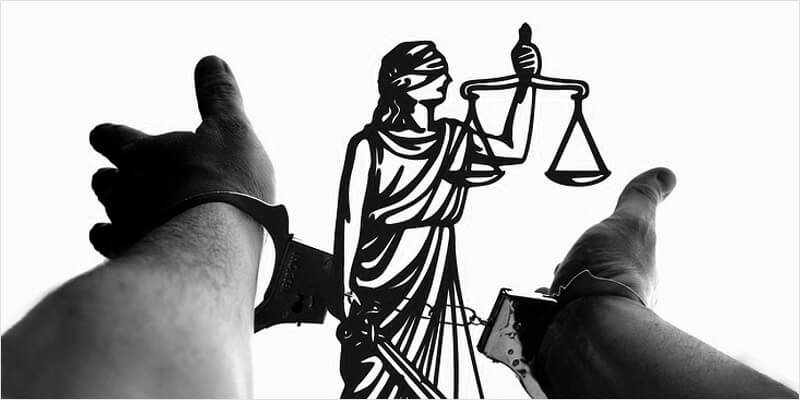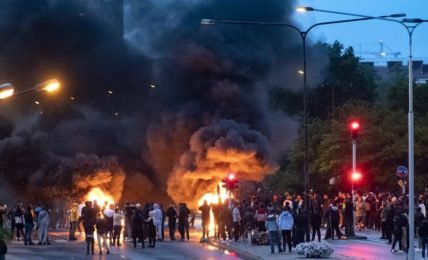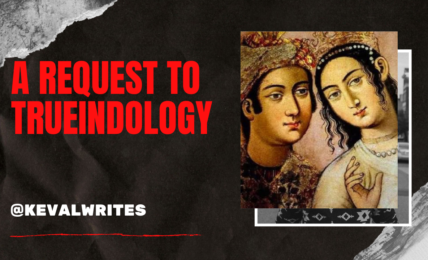73 years of Independent India: Still no reform in criminal Judiciary
At present, 29% of Members of Parliament of different parties are facing serious criminal charges. Jharkhand has 62%, Delhi has 61%, UP has 36%, and Andhra Pradesh has 31% MLAs with serious criminal charges. Is it the strongest reason behind pending reforms in the judiciary and police force?





Why he was killed
By whom he was killed
How he was killed
Why only he was killed
beyond all these the sole question is …….Who was killed . A cold blooded Murderer . A threat for society , people , law , police . fearless to do any heinous most Crime and if not be ended like this or that ( that means by judicial way ) he must be continued to do this .
But I am ditto agree with the views for law , judicial system , political criminal nexus . Brilliant write up and good homework .